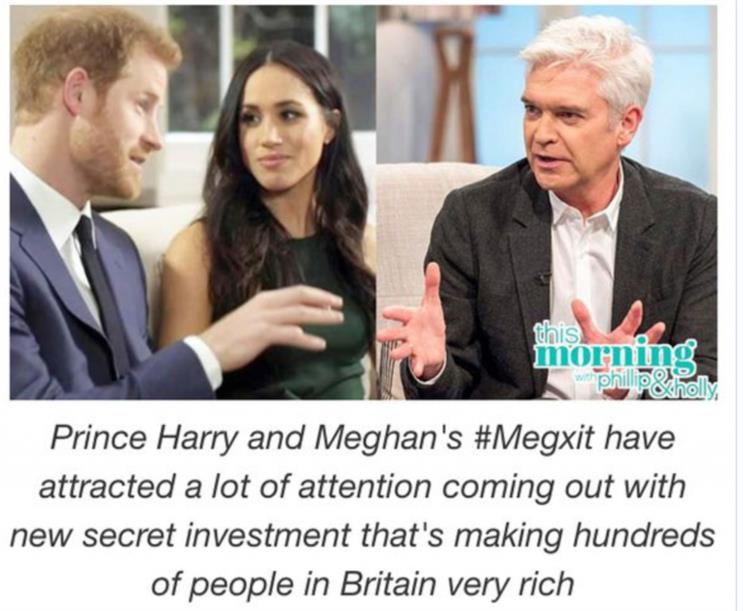
Google will introduce identity verification to all advertisers on its platforms in the next few years, giving web users more transparency about who is advertising on the web giant’s various channels.
The move, which will begin in the US in the summer and roll out globally in the following years, is an extension of the ID verification policy that Google introduced for political advertisers in 2018. Since introducing this programme, Google said it has verified political advertisers in 30 countries.
Google makes tens of millions of pounds from fraudsters that use its search engine, a Times story in November 2019. At the time, Google said it would launch an investigation.
One of these, Bitcoin Trader, was found in 2018 to have featuring celebrities, such as the Duke and Duchess of Sussex. ±±ľ©Čüłµpk10 discovered that this execution was still running on YouTube and Duolingo in March. Bitcoin Trader, also known as Bitcoin Evolution, claims that "Harry and Meghan" are making a lot of money by trading in cryptocurrency.
This scam ad that is appearing as the welcome banner in my feed now uses Meghan and Harry, and brands to flog a Bitcoin get-rich-quick scheme
— Omar Oakes ? (@OmarOakes)
Soon, advertisers will need to submit personal identification, business incorporation documents or other information that proves who they are and the country in which they operate.
Users will be able to see these disclosures behind the ads that they see on Google-owned platforms, such as search ads, display ads on publishers’ web pages or YouTube pre-rolls.
For example, on a search ad, users can click a "Why this ad?" icon on desktop or "i" icon on mobile, and it tells them an advertiser’s name and location. It is a similar process for display ads (where users click an "X" icon) and YouTube (where users either click an "i" or three-dot icon).
According to Google’s policy wording, unverified advertisers will be given 30 days to submit documentation and complete the verification process, or their ads will stop being served. Multiple failed attempts to complete the programme will also result in ads not being served.
There is nothing in the language used that would appear to prevent an unverified advertiser from buying ads for up to a month before Google removes its messaging.
Google's move stops short of creating a searchable database of advertisers’ activity, such as Facebook Ads Library.

John Canfield, director of product management at Ads Integrity at Google, said: "This change will make it easier for people to understand who the advertiser is behind the ads they see from Google and help them make more informed decisions when using our advertising controls.
"It will also help support the health of the digital advertising ecosystem by detecting bad actors and limiting their attempts to misrepresent themselves."
He added that this process is expected to take "a few years", because Google is working closely with advertising partners to scale the programme.
Last year, finance-advice broadcaster Martin Lewis settled a legal claim against Facebook after his image and name were used in scam ads. As part of a settlement, Facebook set up a scam ads reporting tool and donated £3m to establish the Citizens Advice Scams Action service.




.jpg)
.jpeg)
